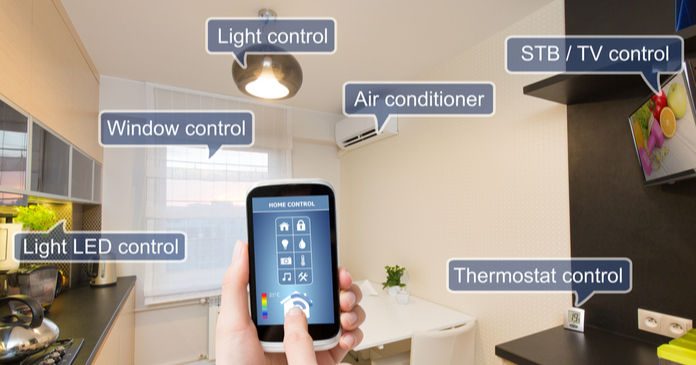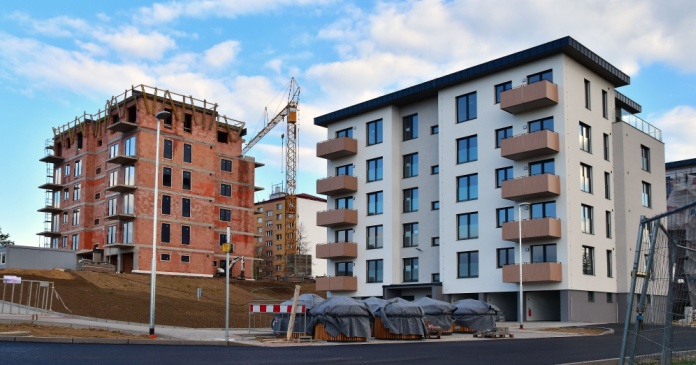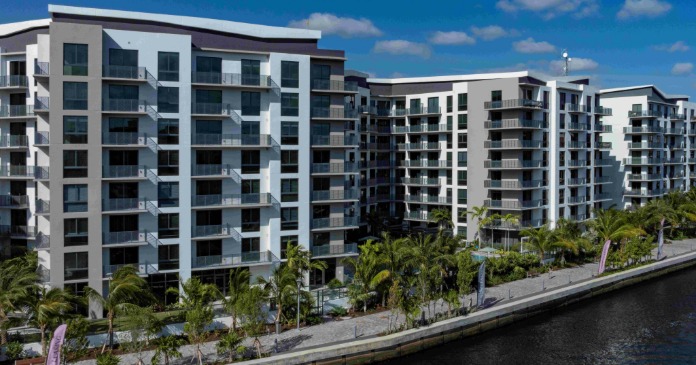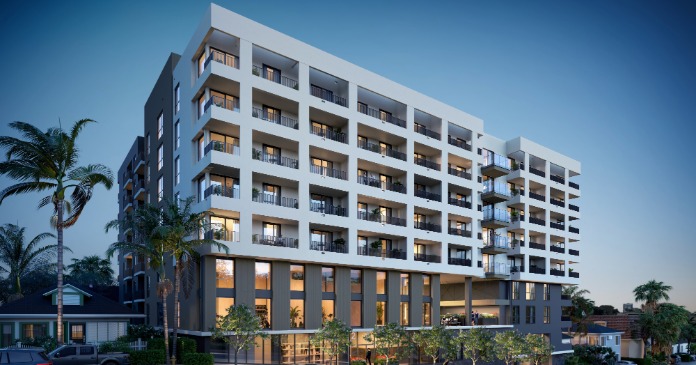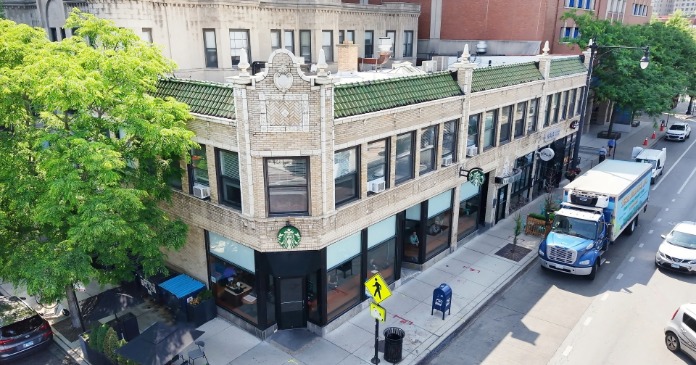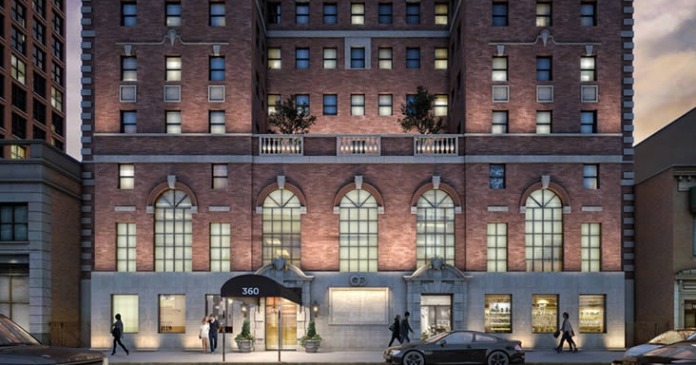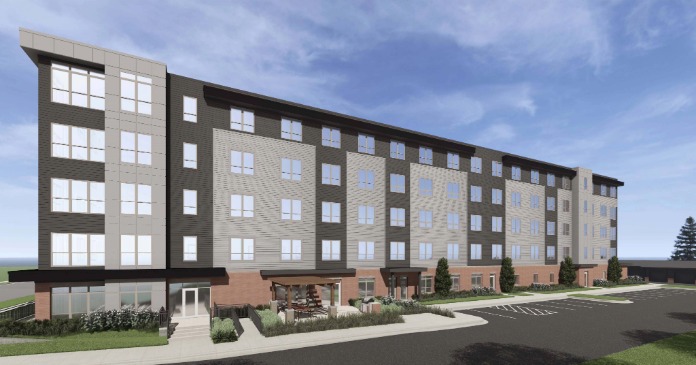At NAA’s recent Apartmentalize conference in Denver, the future of apartment tech was the subject of several of the educational session. Here is a summary of some of what was presented.
Setting a focus
The Apartmentalize conference is a huge event with over 11,000 attendees, 1,400 exhibitors and 80 educational sessions. While it is an excellent forum for gathering information on a variety of topics, it would take an army of attendees to take it all in. Consequently, Multihousing Pro elected to focus on the future of apartment tech.
10 innovations in 10 years
An early session sought to identify 10 technologies which may have the greatest impact on the operation of multifamily housing in the coming 10 years. The technologies are:
Augmented and virtual reality. Virtual reality in particular is expected to impact operations by enabling virtual self-guided tours of the property. It is expected to increase the trend of residents signing leases for properties that they have never actually visited.
Autonomous vehicles. Not only should operators consider having pick up and drop off points for automated vehicles, but they may also be able to reduce their parking area since a lot optimized for autonomous vehicles can park cars more densely than can a lot designed for human drivers. Autonomous flying vehicles are also coming.
Delivery via drone or robot. This is being done in hotels today. Drone delivery of food will soon be available in Dallas and San Diego.
Battery power – both for cars and for local energy storage. Batteries can be used along with solar panels to provide power to your building when the sun is not shining. The popularity of electric cars will drive demand for charging stations at multifamily properties. Electric scooters and electric-motor-assisted bicycles will also require charging outlets to be available. Providing charging options should be a chargeable amenity and therefore a source of ancillary revenue for the property.
New money – cryptocurrencies. These may provide alternative rent payment systems.
Artificial Intelligence. AI is seen as an enabler of other technologies such as chatbots, smart building management and facial recognition. Chatbots are already in wide use. At one property, a chatbot was rated the number one customer service rep by users. Facial recognition is also being implemented both to identify customers and to do criminal background checks. Facial recognition systems also can track an individual as he walks around a property.
Gig economy – residents can be both users and providers. Gig workers may not have traditional income documentation. People working from home may want a den or office available.
Social media as customer service. Consumers expect instant response when they post to social media. Operators need to respond to all comments and know when to take their interaction with a resident off of the public forum.
Smart home technology. Communities are being built with connected devices to provide real time remote monitoring. The data collected provides the basis for implementing predictive maintenance. Voice assistants will increasingly be used by residents to interact with the property, as by reserving facilities or scheduling rent payments.
Automation. The presenter played a tape of a Google Assistant calling a salon to schedule a hair cut appointment. It is likely that the woman who answered the phone had no idea that she was speaking with a computer. Listening to it was both wonderful and creepy at the same time. In any case, bots are expected to automate more functions as time goes on. By 2029, 25 to 35 percent of leasing transactions are expected to be done without a leasing agent, and a quarter of maintenance requests are expected to be called in by machines.
Futurecasting apartment tech
A later session took a look at apartment tech that may be implemented in the next few years. While the shorter time horizon pared the list of technologies somewhat, it should come as no surprise that many of the same technologies were discussed. Technologies that were highlighted in this session were artificial intelligence/business intelligence (AI/BI), chatbots and smart home features.
AI/BI is expected to impact all areas of the multifamily housing business from influencing what projects get built with which features, to improving operational efficiencies, to enabling predictive maintenance.
Chatbots are expected to off-load some of the more tedious functions from apartment staff. These include providing routine information to potential residents who call into the site, to taking maintenance requests from current residents. Chatbots are expected to free up staff to focus on providing the best possible experience to residents.
Smart home technologies, including smart locks, lights and thermostats, will increasingly be considered features that residents expect you to provide. Multifamily operators will have to develop policies regarding residents bringing their own devices onto the property. Keeping responsibility for integrating these devices with residents is key.
To support all of this new apartment tech, good internet connections are required. Focusing on your communications infrastructure is one of the best things that you can do to future-proof your property.
With great power comes great responsibility
A concern raised in this session involved the privacy issues raised by smart apartment tech. Specifically, the California Consumer Protection Act (CCPA) was brought up both for its requirements on data protection and also for its requirements that businesses holding data on a consumer be able to purge that data from their system if requested to do so by the consumer. Similar requirements are expected to soon be put in place across the country.
If you missed the conference, the NAA sells a product called Rewind, which includes videos of most of the education sessions. It is available here.


